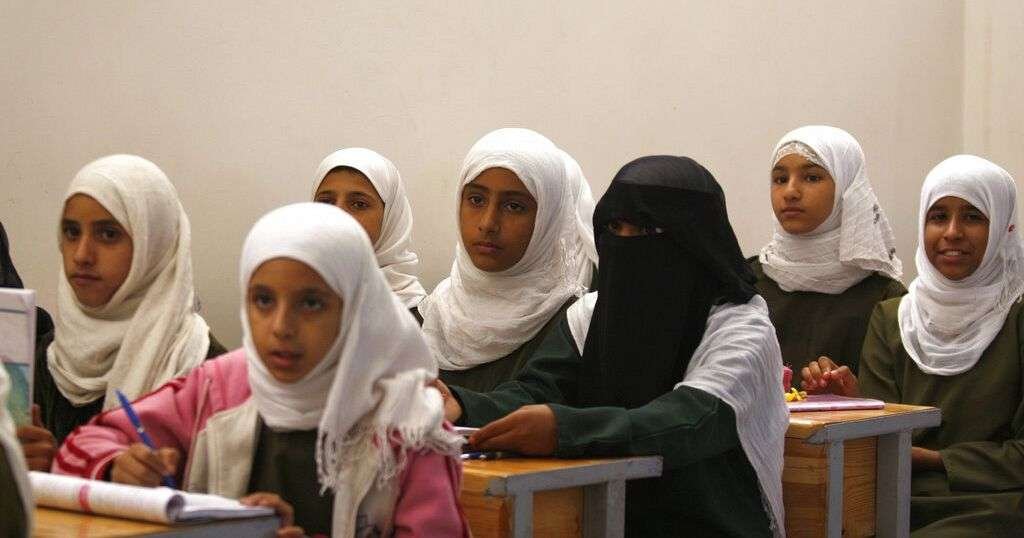Cairo, Egypt – (African Boulevard News) – Egypt’s recent ban on the face veil in schools has stirred up a heated debate among citizens and religious scholars. The government newspaper Akhbar al-Youm published a new decree on school uniforms, which prohibits primary and secondary school pupils from “covering their faces.” While the decision is aimed at promoting integration and identification, it has sparked a contentious discussion surrounding religious freedom and personal choice.
The ban, which was announced on Monday, has drawn both support and criticism from various sectors of society. Proponents argue that the move is necessary for national security and social cohesion. They believe that the face veil can hinder communication, impede identification, and potentially pose a security threat in schools.
However, opponents of the ban argue that it violates religious freedom and infringes on individual rights. They contend that wearing the face veil is a personal choice and an expression of religious devotion for many Muslim women. They argue that such a ban not only marginalizes a specific religious group but also goes against the principles of inclusivity and tolerance.
“It is essential to strike a balance between individual rights and societal norms. While security concerns are valid, it is important not to undermine the religious freedoms and personal choices of individuals,” said Dr. Fatima Hassan, a sociologist at Cairo University.
This ban has also reignited the broader debate surrounding the role of religion in Egyptian society. Egypt, which is predominantly Muslim, has seen increased secularization in recent years, with the government taking steps to curb religious extremism and promote a more moderate form of Islam.
The ban on the face veil in schools could be seen as part of this broader effort to establish a more secular and inclusive educational system. It follows previous measures such as the regulation of mosque sermons and the removal of ultra-conservative religious books from school curricula.
However, critics argue that such measures risk alienating devout Muslims and may contribute to further polarization within society. They argue that promoting religious tolerance and understanding is key to achieving harmonious coexistence.
While the ban on the face veil in schools has sparked intense debate, it remains to be seen how it will be implemented and enforced. As the issue continues to generate discussion, it is clear that finding a balance between national security, religious freedom, and individual rights remains a complex challenge for Egyptian society.
As Egypt grapples with this contentious issue, it is crucial to foster open dialogue and engage all stakeholders to ensure that decisions made are inclusive, respectful, and reflect the diverse religious and cultural fabric of the nation. Only through such collaborative efforts can Egypt move forward and address the concerns of all its citizens.

